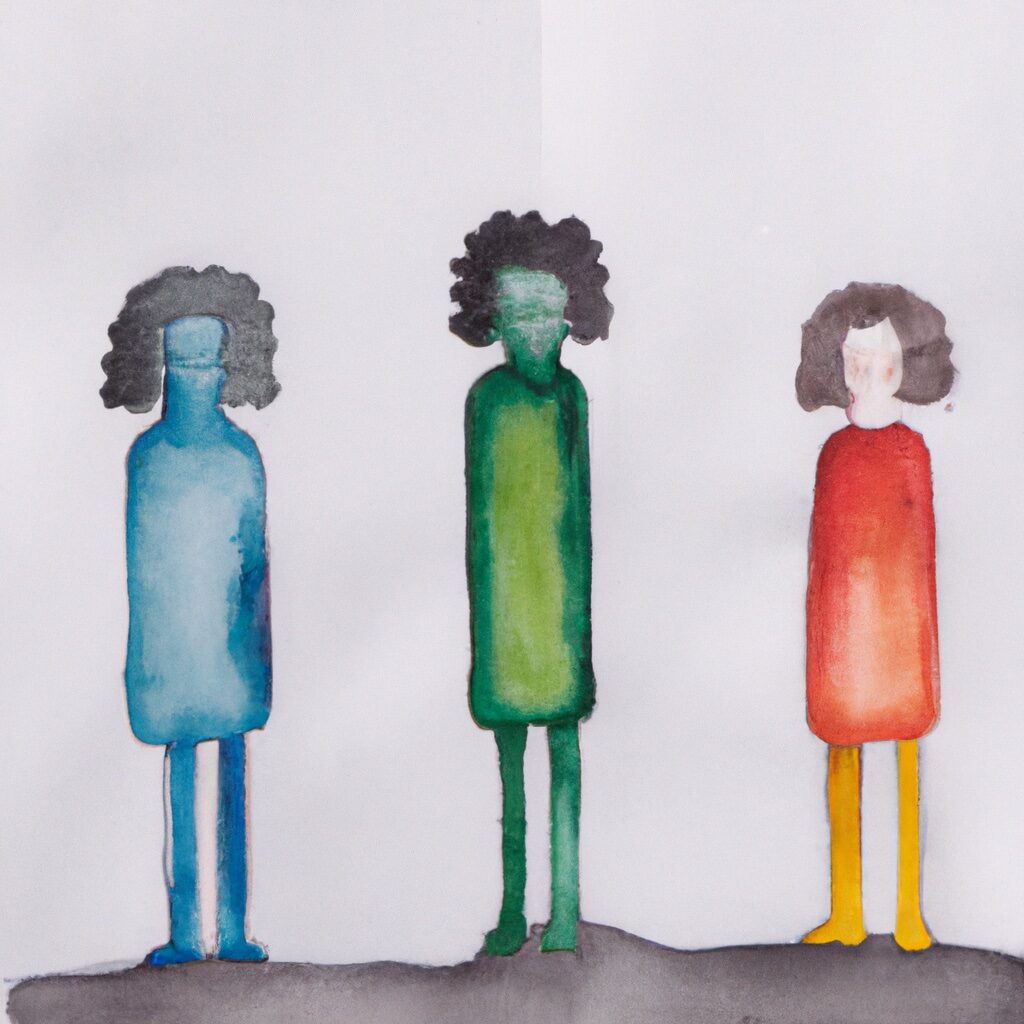Personality is a complex and multi-faceted concept that has been studied extensively by psychologists. One of the most well-known personality traits is introversion and extroversion, but there is also a third category known as ambiversion. Understanding these personality types can help individuals better understand themselves and others.
What Is Introversion?
Introversion is a personality trait characterized by a preference for solitude and a desire for quiet environments. Introverts tend to be reflective, introspective, and reserved. They may find social situations draining and prefer to spend time alone or in small groups.
What Is Extroversion?
Extroversion is a personality trait characterized by a preference for social interaction and a desire for stimulation. Extroverts tend to be outgoing, assertive, and talkative. They may thrive in social situations and enjoy being the center of attention.
What Is Ambiversion?
Ambiversion is a personality trait that falls in between introversion and extroversion. Ambiverts may enjoy social situations but also need alone time to recharge. They may be comfortable in a wide range of social situations and can adapt to different environments.
Differences Between Introverts and Extroverts
There are several key differences between introverts and extroverts:
- Introverts tend to be more reserved and introspective, while extroverts are more outgoing and assertive.
- Introverts may prefer quiet environments and small groups, while extroverts may thrive in loud, stimulating environments.
- Introverts may prefer to process information internally, while extroverts may prefer to talk things out with others.
Benefits of Introversion
While introversion is often portrayed as a negative trait, there are many benefits to being introverted:
- Introverts tend to be good listeners and may excel at one-on-one interactions.
- Introverts may be more creative and introspective, which can lead to unique insights and perspectives.
- Introverts may be more focused and able to concentrate for longer periods of time.
Benefits of Extroversion
Extroversion also has many benefits:
- Extroverts tend to be outgoing and confident, which can be an asset in many social situations.
- Extroverts may be more comfortable taking risks and trying new things.
- Extroverts may be more effective at networking and building relationships.
Benefits of Ambiversion
Ambiverts may have the best of both worlds, with benefits from both introversion and extroversion:
- Ambiverts may be able to adapt to a wide range of social situations and environments.
- Ambiverts may be comfortable in both one-on-one interactions and group settings.
- Ambiverts may be able to balance their need for social interaction with their need for alone time.
Understanding personality types can help individuals better understand themselves and others. While introversion, extroversion, and ambiversion are all valid personality types, it’s important to remember that people are complex and may exhibit traits from multiple categories. By embracing our unique personalities and learning to appreciate the differences in others, we can create more harmonious relationships and work environments.

Sources:
- Cain, S. (2012). Quiet: The Power of Introverts in a World That Can’t Stop Talking. Crown Publishers.
- Grant, A. M. (2013). Rethinking the extraverted sales ideal: The ambivert advantage. Psychological science, 24(6), 1024-1030.
- Myers, I. B., & Myers, P. B. (1980). Gifts differing: Understanding personality type. Davies-Black Pub.
- Zimbardo, P. G., & Radl, S. J. (1981). The shy child: A parent’s guide to preventing and overcoming shyness from infancy to adulthood. Rodale Press.